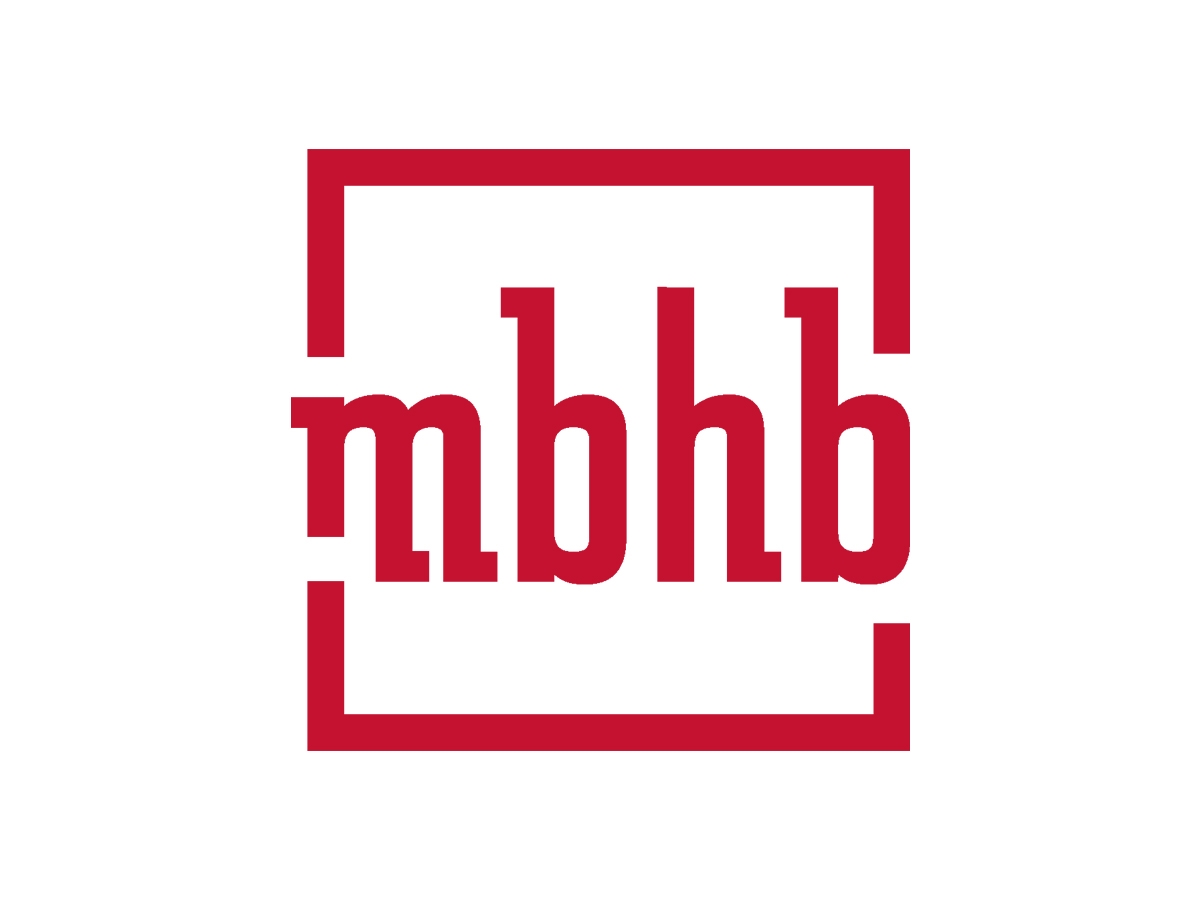Patent Luminaries Try to Set Congress Straight on Drug Price Controls | McDonnell Boehnen Hulbert & Berghoff LLP
Over the past few years the drumbeat regarding the cost of healthcare in general and drugs in particular has steadily mounted (see “Faux-Populist Patent Fantasies from The New York Times”). Patents are often (and quite wrongly) blamed for the purported high costs, despite the crucial role patents play in spurring innovation; indeed, some advocates have been accused of skewing their statistics to make their arguments appear plausible (see “Unreliable Data Have Infected the Policy Debates Over Drug Patents”; “Tillis Wants More Info on I-MAK and Other Data Driving Anti-Patent Narratives Around Drug Pricing”; and “I-MAK Defends Integrity of Its Patent Data in Response to Tillis Letter”). But a recent tactic is for many, including members of Congress, to argue that the Bayh-Dole Act, and in particular the so-called “march-in rights” provisions (Bayh-Dole Act, Pub. L. No. 96–517 (1980), Section 203) entitle the Federal government to set drug prices, at least for those drugs developed using Federal grant money for their discovery or development (and despite valiant efforts by Joe Allen and the Bayh-Dole Coalition to explain how their reading of the Act is in error; see www.bayhdolecoalition.org). Alternatively, the provisions outlining the jurisdiction of the Court of Federal Claims in cases involving patents and copyrights (28 U.S.C. § 1498) have been similarly invoked as giving the Federal government the right to set drug prices because the drugs in question are patent-protected.
Today, a letter was sent by 25 scholars, former judges, and former government officials to the Senate Health, Education, Labor and Pensions Committee, the Chair and Ranking Member of the House Ways and Means Committee, and to Secretary of Health and Human Services Xavier Becerra “correcting false claims that the federal government can use the Bayh-Dole Act or § 1498 to impose price controls on prescription drugs.” That letter is set forth below and deserves serious consideration by the Biden Administration, Congress, and the rest of us to prevent unwise attempts to misapply the Bayh-Dole Act, as set forth eloquently and specifically in the letter.
[View source.]






